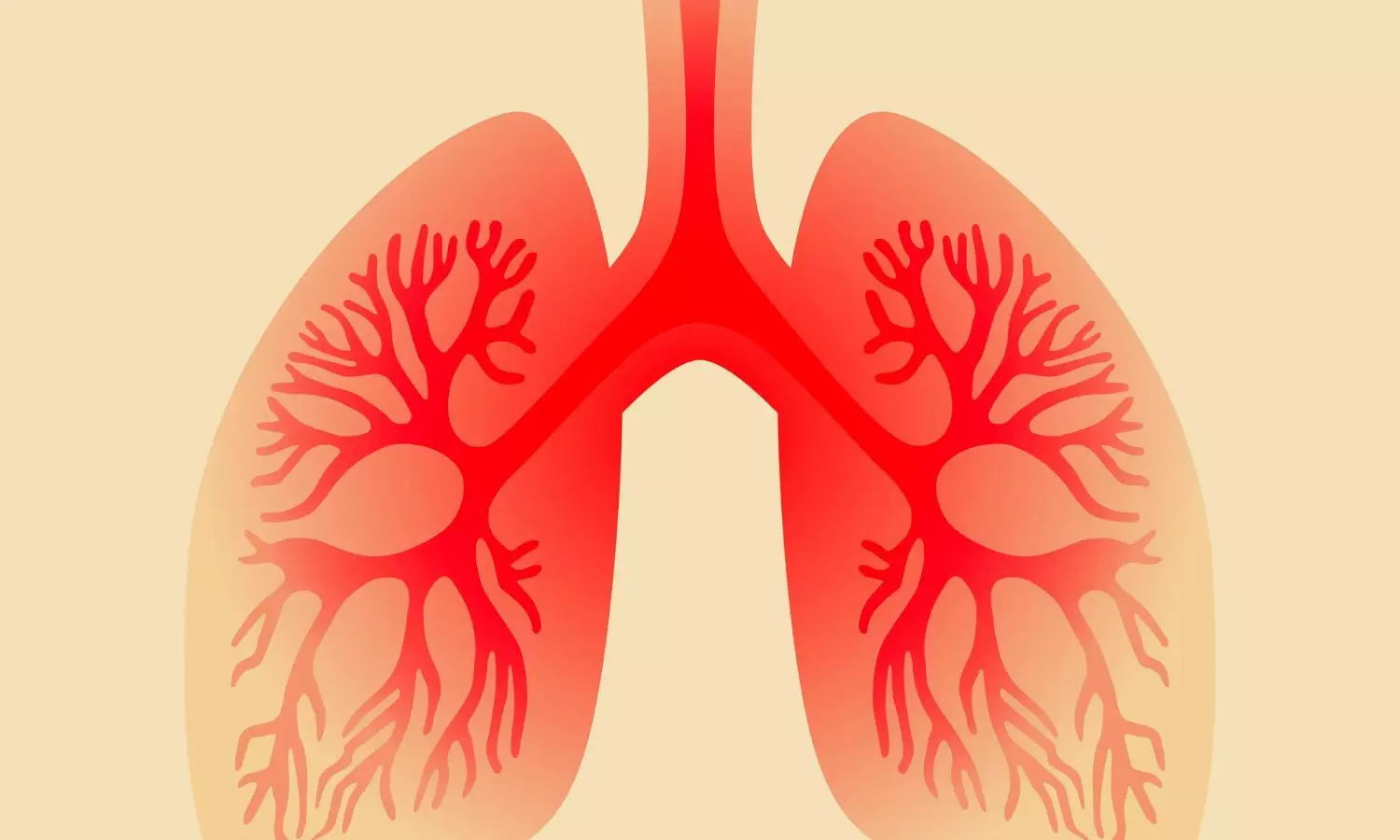Long-Term Biologic Treatment tied to Clinical Remission in Nearly Half of Severe Asthma Patients: 7Study Reveals

USA: Recent findings published in The Journal of Allergy and Clinical Immunology highlight the potential for long-term biologic therapy to lead to significant improvements in patients with severe asthma (SA). In a real-world study involving a cohort of individuals with this challenging condition, researchers found that nearly half of the participants achieved clinical remission while on biologic treatment for one year or more. These findings indicate that prolonged biologic therapy can make achieving clinical remission a viable goal for individuals with severe asthma.
“In a landmark study involving patients with severe asthma, biologic therapy resulted in clinical remission for 46% of participants. Notably, remission rates rose from 22.3% after 12 to 13 months to 34.3% after 47 to 48 months of treatment. Additionally, 79.9% of patients reported experiencing no exacerbations or requiring systemic corticosteroids for at least one year during the treatment period,” the researchers reported.
Severe asthma is a debilitating condition that often requires intensive management and can lead to frequent exacerbations, diminished quality of life, and increased healthcare costs. Traditionally, managing severe asthma has posed challenges, particularly in finding effective treatments that provide lasting relief. However, the advent of biologic therapies—medications that target specific pathways in the immune system—has transformed the landscape of asthma treatment.
There is a lack of comprehensive real-world data on the percentage of patients with severe asthma who attain clinical remission while undergoing long-term biologic treatment. To address this gap, Christopher S. Ambrose, BioPharmaceuticals Medical, AstraZeneca, Gaithersburg, MD, United States, and colleagues set out to investigate both the proportion of adults with SA who achieve clinical remission and the characteristics of these patients receiving biologic therapy.
For this purpose, the researchers conducted the CHRONICLE observational study involving US adults with SA treated by subspecialists. Participating sites reported instances of exacerbations and biologic usage starting from 12 months before enrollment. Monthly Asthma Control Test (ACT) scores, along with specialist evaluations of asthma control every six months, were collected. Patients who initiated biologic therapy during the study period, from February 2018 to February 2023, and continued for at least 12 months were assessed.
On-treatment clinical remission was defined within a 12-month as having no exacerbations or use of systemic corticosteroids (SCS), achieving at least 50% of ACT scores of 20 or higher in the most recent six months, and a specialist’s assessment confirming asthma control.
The following were the key findings of the study:
- Among the 611 evaluable patients, the median duration of biologic therapy was 39.6 months.
- At least once during the study, 79.9% of patients experienced no exacerbations or required systemic corticosteroids.
- 46.0% of patients achieved clinical remission at some point during the study.
- The point prevalence of clinical remission increased from 22.3% at 12–13 months of biologic use to 34.3% at 47–48 months of biologic use.
“In a real-world cohort of patients with severe asthma undergoing long-term biologic treatment, nearly half attained on-treatment clinical remission. This suggests that with a year or more of biologic therapy, achieving clinical remission is a realistic treatment objective for individuals with severe asthma,” the researchers concluded.
Reference:
Chipps, B. E., Lugogo, N., Carr, W., Zhou, W., Patel, A., Carstens, D., Trudo, F., & Ambrose, C. S. (2024). On-Treatment Clinical Remission of Severe Asthma With Real-World Longer-Term Biologic Use. Journal of Allergy and Clinical Immunology: Global, 100365. https://doi.org/10.1016/j.jacig.2024.100365



